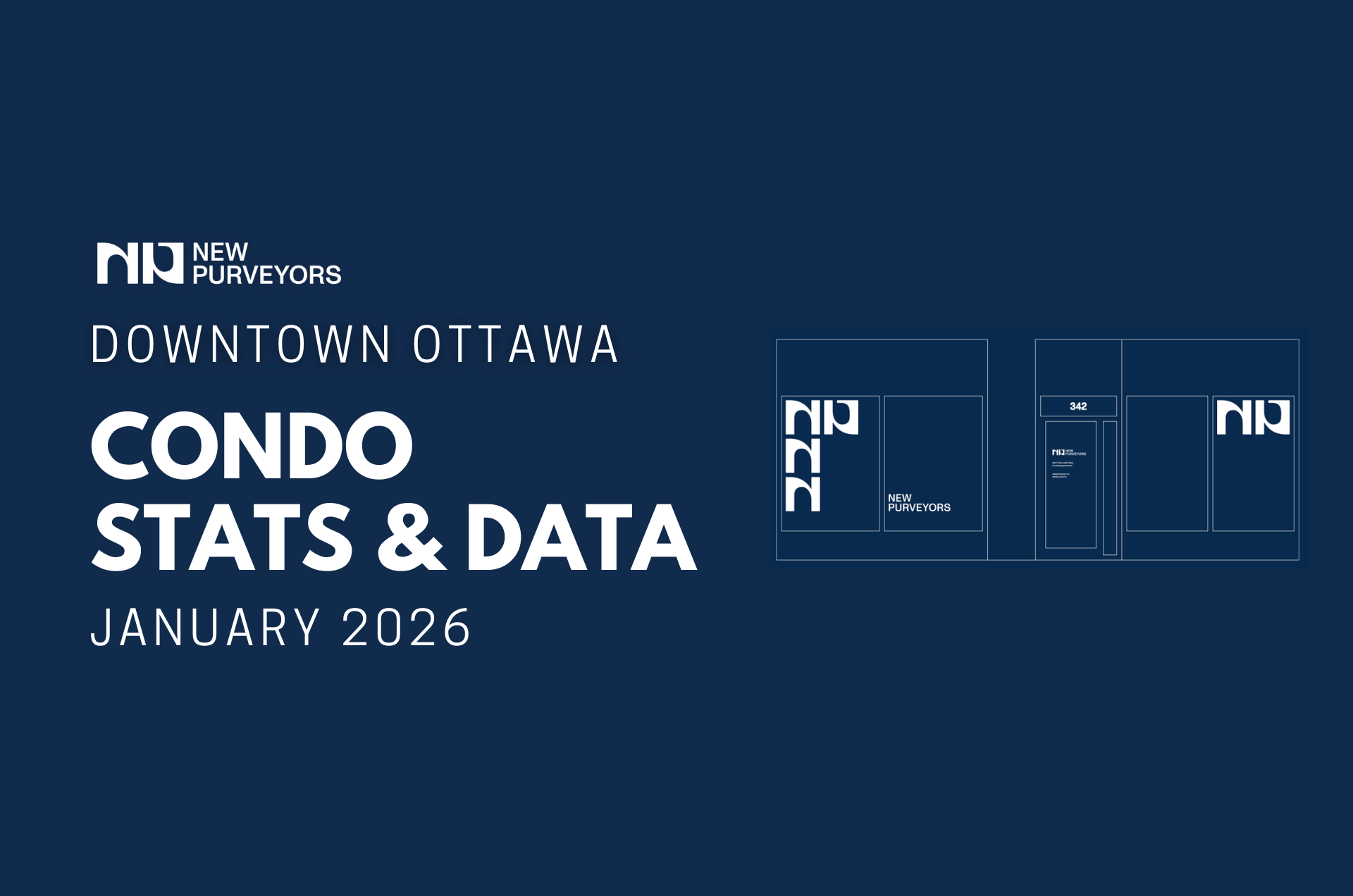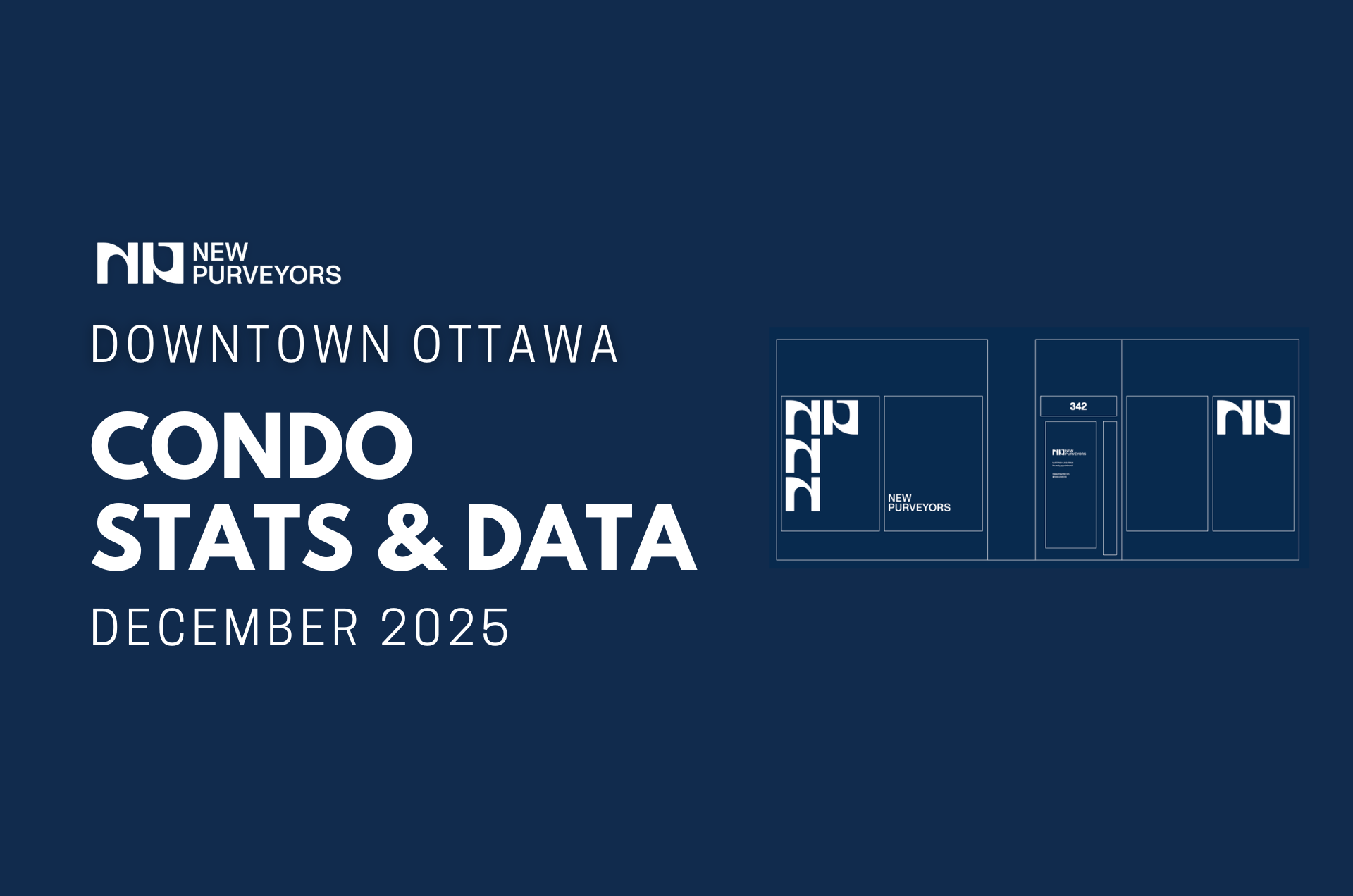
In Ottawa’s competitive real estate landscape, especially in the condo market, buyers are often faced with an unexpected scenario: a unit that’s already tenanted. Whether you're looking for a future home or considering your first investment property, it’s worth understanding exactly what it means to buy a condo with a tenant in place, because the process, rights, and risks aren’t always what they seem.
1. Yes, the Lease Survives the Sale
If a condo is currently rented out, that lease does not end when the property sells. Under Ontario’s Residential Tenancies Act (RTA), the lease transfers to the new owner with all terms intact—including the rent, duration, and conditions.
So if you're planning to move in, and the tenant is still mid-lease, you won’t be able to occupy the unit until that lease ends—and even then, proper notice must be given.
💡 The only legal way to end a tenancy for personal use is after the lease term is up, and with at least 60 days’ written notice.
2. Buying for Personal Use? Know the Timing
Let’s say you're buying a condo to live in, but it’s tenanted month-to-month. You may be able to move in, but only after you’ve legally given notice for personal use. That notice must come after closing, not before. In other words:
✔ You must be the legal owner
✔ You must provide 60 days’ notice to the tenant (with the date aligning to the rental period)
✔ You must intend to move in within a reasonable time (typically 90 days)
You also need to use form N12 through the Landlord and Tenant Board—and you can’t just evict a tenant to flip or re-rent the unit.
🚨 Filing an N12 dishonestly is considered bad-faith eviction and can result in serious fines.
3. Inheriting a Tenant as an Investor
On the flip side, buying a condo with a tenant in place can be a smart move for investors. You’re earning rental income from day one, and you get to skip the leasing process.
However, you’ll also be inheriting:
The current rent rate (which may be below market)
The existing lease terms
Any outstanding issues between the tenant and the previous landlord
Ontario’s rent control laws cap how much you can increase rent annually for most units built before November 15, 2018. If the condo was built after that date, you may have more flexibility, but double-check before assuming.
💡 Get a copy of the lease agreement and ask for proof of rent payments and deposit transfers as part of your due diligence.
4. How This Affects Financing and Insurance
If you’re buying as a primary residence, having a tenant can complicate financing, since most lenders won’t approve a standard owner-occupied mortgage unless the unit will be vacant at closing.
In contrast, if you're buying as an investment, your lender may allow you to use the rental income to qualify, but will also expect:
A larger down payment (typically 20%)
Proof of lease
Confirmation of rent received
Your insurance will also need to reflect that this is a rental property, not an owner-occupied home.
5. Is It Worth It? How to Decide
Buying a condo with a tenant isn’t necessarily a red flag—it’s a question of alignment with your goals. Ask yourself:
Are you planning to move in immediately?
Is the rent close to the market rate?
Does the tenant have a solid payment history?
Will this affect your mortgage qualification?
If the tenant is respectful and pays reliably, it could be a win-win. If not, you may be better off waiting for a vacant unit.
Final Thoughts
Whether you're buying a sleek Centretown studio or a two-bedroom in Little Italy, knowing the ins and outs of tenanted condos can protect your investment—and your plans. The key is to go in informed, work with a knowledgeable agent, and get proper legal advice before making an offer.
Looking for guidance on buying a condo that fits your goals—tenanted or not?
Let’s connect and find a strategy that works for you.


































